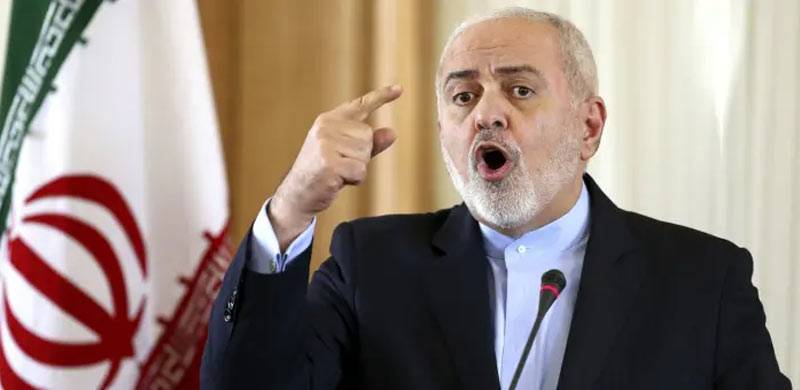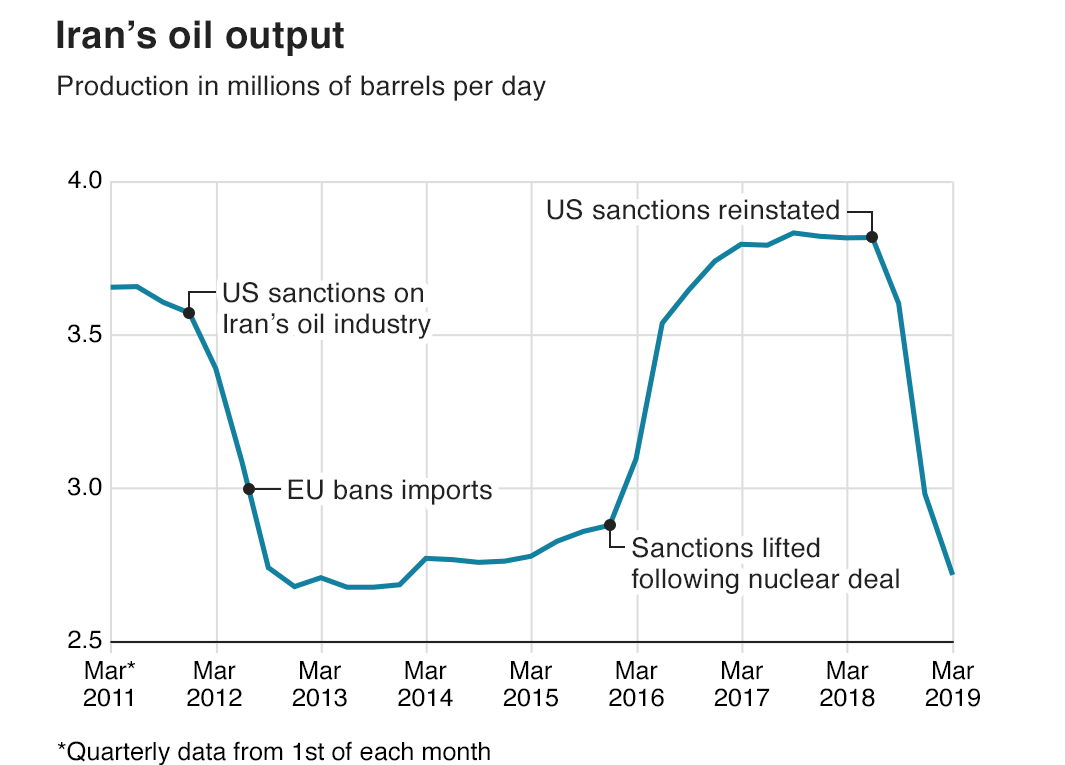
Iran responded to accusations that it had broken the terms of the Iran Nuclear Deal by clarifying that they had breached the 300kg cap on uranium enrichment in light of the other signatories' failure to shield Iran's economic interests from aggressive US sanctions.
Javad Zarif, Iran's Foreign Minister, expressed his disapproval and disbelief via Twitter in response to a US press release stating that Iran had been defying the limit even before the nuclear deal existed. The statement also claimed that Iran should not be allowed to enrich uranium at any level.
https://twitter.com/JZarif/status/1145856200262737921
He had previously emphasised that Iran's actions were both legal, in accordance with the deal, and reversible if the other signatories were willing to abide by their obligations.
https://twitter.com/JZarif/status/1145749802975711233
John R. Bolton, National Security Advisor of the United States, had earlier implied that Iran hasn’t breached the deal in an attempt to persuade Europe to shield it from US sanctions, but has done so to produce nuclear weapons.
https://twitter.com/AmbJohnBolton/status/1145811821074505728
The US reinstated sanctions against Iran when they unilaterally withdrew from the nuclear deal. This has had a strong impact on Iran's economy. Iran's oil exports have dropped significantly.

The cost of living is expected to rise dramatically as a result of the significant drop. The IMF estimates that inflation soared to 31% in 2018 and predicts that it could reach 37% or more this year if Iran's oil exports continue to fall.
The US, to limit the increase in oil prices, granted sanctions waivers to China, India, Greece, Italy, Taiwan, Japan, Turkey and South Korea that allowed them to keep buying some Iranian crude oil. However, this program was allowed to expire by the Trump administration in May.
Developments regarding Iran's increased enrichment have come weeks after an increased build up of US forces in the Gulf, and after a US surveillance drone was shot down after it allegedly violated Iranian air space.
Javad Zarif, Iran's Foreign Minister, expressed his disapproval and disbelief via Twitter in response to a US press release stating that Iran had been defying the limit even before the nuclear deal existed. The statement also claimed that Iran should not be allowed to enrich uranium at any level.
https://twitter.com/JZarif/status/1145856200262737921
He had previously emphasised that Iran's actions were both legal, in accordance with the deal, and reversible if the other signatories were willing to abide by their obligations.
https://twitter.com/JZarif/status/1145749802975711233
John R. Bolton, National Security Advisor of the United States, had earlier implied that Iran hasn’t breached the deal in an attempt to persuade Europe to shield it from US sanctions, but has done so to produce nuclear weapons.
https://twitter.com/AmbJohnBolton/status/1145811821074505728
Read More: Iran Nuclear Deal: Enriched Uranium Limit Will Be Breached On June 27
The US reinstated sanctions against Iran when they unilaterally withdrew from the nuclear deal. This has had a strong impact on Iran's economy. Iran's oil exports have dropped significantly.

Source: OPEC, BBC
The cost of living is expected to rise dramatically as a result of the significant drop. The IMF estimates that inflation soared to 31% in 2018 and predicts that it could reach 37% or more this year if Iran's oil exports continue to fall.
Read More: Trump Approves Military Action Against Iran, Then Quickly Pulls Back
The US, to limit the increase in oil prices, granted sanctions waivers to China, India, Greece, Italy, Taiwan, Japan, Turkey and South Korea that allowed them to keep buying some Iranian crude oil. However, this program was allowed to expire by the Trump administration in May.
Developments regarding Iran's increased enrichment have come weeks after an increased build up of US forces in the Gulf, and after a US surveillance drone was shot down after it allegedly violated Iranian air space.
